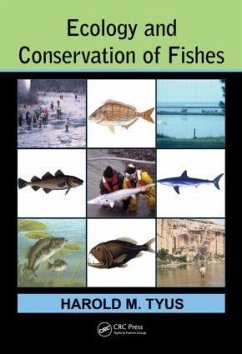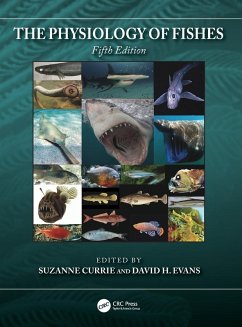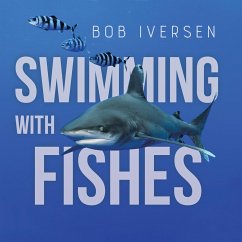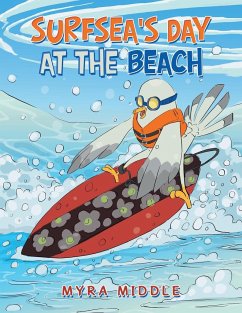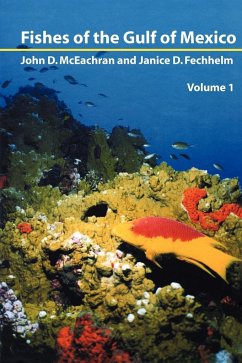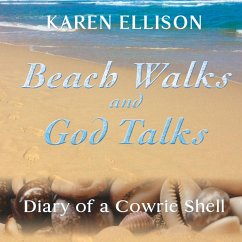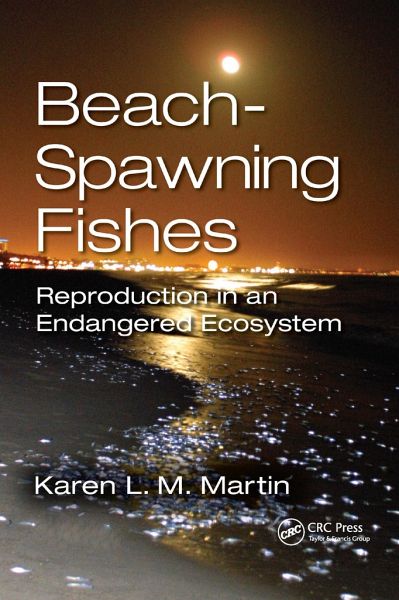
Beach-Spawning Fishes
Reproduction in an Endangered Ecosystem
Versandkostenfrei!
Versandfertig in 1-2 Wochen
62,99 €
inkl. MwSt.
Weitere Ausgaben:

PAYBACK Punkte
31 °P sammeln!
Beach-spawning fishes from exotic locations on most continents of the world provide spectacular examples of extreme adaptations during the most vulnerable life cycle stages. The beauty, intriguing biology, and importance of these charismatic fishes at the interface of marine and terrestrial ecosystems have inspired numerous scientific studies. Adaptations of behavior, physiology, development, and ecology are gathered together for the first time in this book.Beach-Spawning Fishes: Reproduction in an Endangered Ecosystem is a comprehensive guide to beach spawning, a charismatic animal behavior t...
Beach-spawning fishes from exotic locations on most continents of the world provide spectacular examples of extreme adaptations during the most vulnerable life cycle stages. The beauty, intriguing biology, and importance of these charismatic fishes at the interface of marine and terrestrial ecosystems have inspired numerous scientific studies. Adaptations of behavior, physiology, development, and ecology are gathered together for the first time in this book.Beach-Spawning Fishes: Reproduction in an Endangered Ecosystem is a comprehensive guide to beach spawning, a charismatic animal behavior that is seen in a surprising number of teleost species. This unexpected form of reproduction provides a window into the ecology of coastal areas, the behaviors and physiology necessary for fishes and their eggs to adapt to terrestrial conditions, and the threats and challenges for conservation and management. Beach-spawning species include important forage fishes such as the capelin, exotic fishes such as the fugu puffer, and the spectacular midnight runs of the California grunion.





